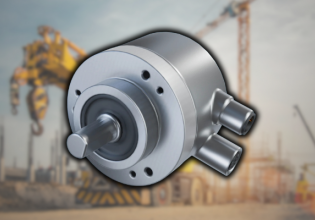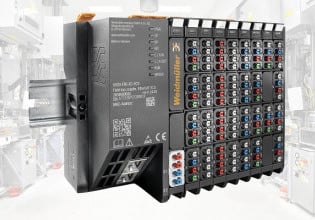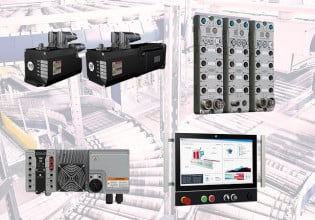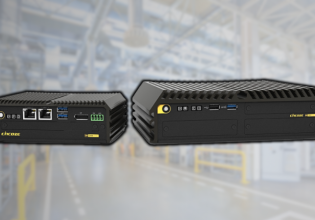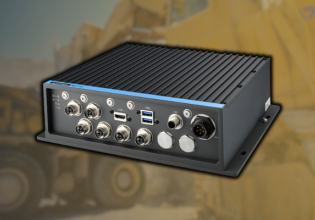Wenglor Debuts New Industrial RFID Reader/Transponder System
RFID aids in product tracking and inventory management. Wenglor has introduced a new system to improve inventory capabilities and ensure proper product progression in manufacturing processes.
RFID, or radio frequency identification, is a technology that has been in use since the 1970s. RFID is a two-piece system, consisting of a reader and an RFID transponder, also known commonly as a ‘tag,’ which responds to an inductive signal sent by the reader device. RFID can be used for many tasks, but it has recently become much more widely used in manufacturing and industrial applications where the need for inexpensive and rapid part identification is becoming increasingly critical.
RFID for Industrial Automation
These systems are very common in warehousing and inventory operations with the need for enhanced tracking capabilities and logistics. Whatever the application may be, industrial RFID systems need to be robust to keep up with the challenges and tough environments created by many industrial processes.
Wenglor’s New Industrial RFID
Wenglor, a creator of sensor and image processing technologies, has recently expanded its product portfolio with the addition of industrial RFID systems. The readers can be used to gather information from products that pass within close proximity, for use in different applications. Production process control, product traceability, and plant inventory can be easily tracked and recorded.

The new RFID system from wenglor comes in an assortment of sizes to create a fit for many different applications. Image used courtesy of wenglor
The new portfolio includes a selection of different transponders to fit more precisely into each individual application. In addition, each reader and transponder is built with the industrial environment in mind and adheres to IP69K rating standards, allowing for use in the food and beverage industry or in any location that includes a vigorous washdown regimen.
A temperature range of -25 °C to +80 °C ensures that the equipment can be used in a range of different temperatures within the industrial environment.
Intelligent production control is made possible since the RFID transponder attached to the workpiece can be continuously updated to provide the current status of the workpiece. This gives manufacturers the ability to create a workpiece-specific manufacturing process since relevant information can be stored on the product itself as it makes its way through the manufacturing process from start to finish. Process monitoring can be more accurately kept as well from the tracing of internal product flow, ensuring accurate data collection of current inventories.
Applications and Specifications
While there are many different potential applications for the new wenglor RFID readers, two examples can be used to showcase the potential of the technology: track and trace in food product manufacturing and recognition and control of workpiece carriers.
The food industry can use RFID transponders to track different product trays as they move through the process, with readers located on adjacent conveyors. This enables the food tray transponders to receive updates at each step in the manufacturing process, and if defects are detected, the source and path can be instantly analyzed for each tray.
Regarding machine tools with interchangeable end devices, the transponders can be located within the individual tools. The systems can be used to verify tool attachments while simultaneously giving the control systems updates to maintain quality control for each individual product.
Some important specs of the new wenglor RFID Reader/Transponder System include:
- Read and write capabilities up to 78 mm
- Simple parameterization through IO-Link
- All-around LED displays for easy visualization
- Parameterization of the RSSI value for secure data transfer
- High data transfer speed when reading and writing
- Programmable alarm modes for process reliability
Future of RFID Technology
There are several benefits to using RFID technology. Non-contact communication allows a long service life, low power requirements remove the need for a battery in the transponder, and automatic, high-speed reading can accelerate product throughput. With these benefits, RFID is sure to maintain a secure foothold in automated tracking and tracing operations across a wide range of industries.

